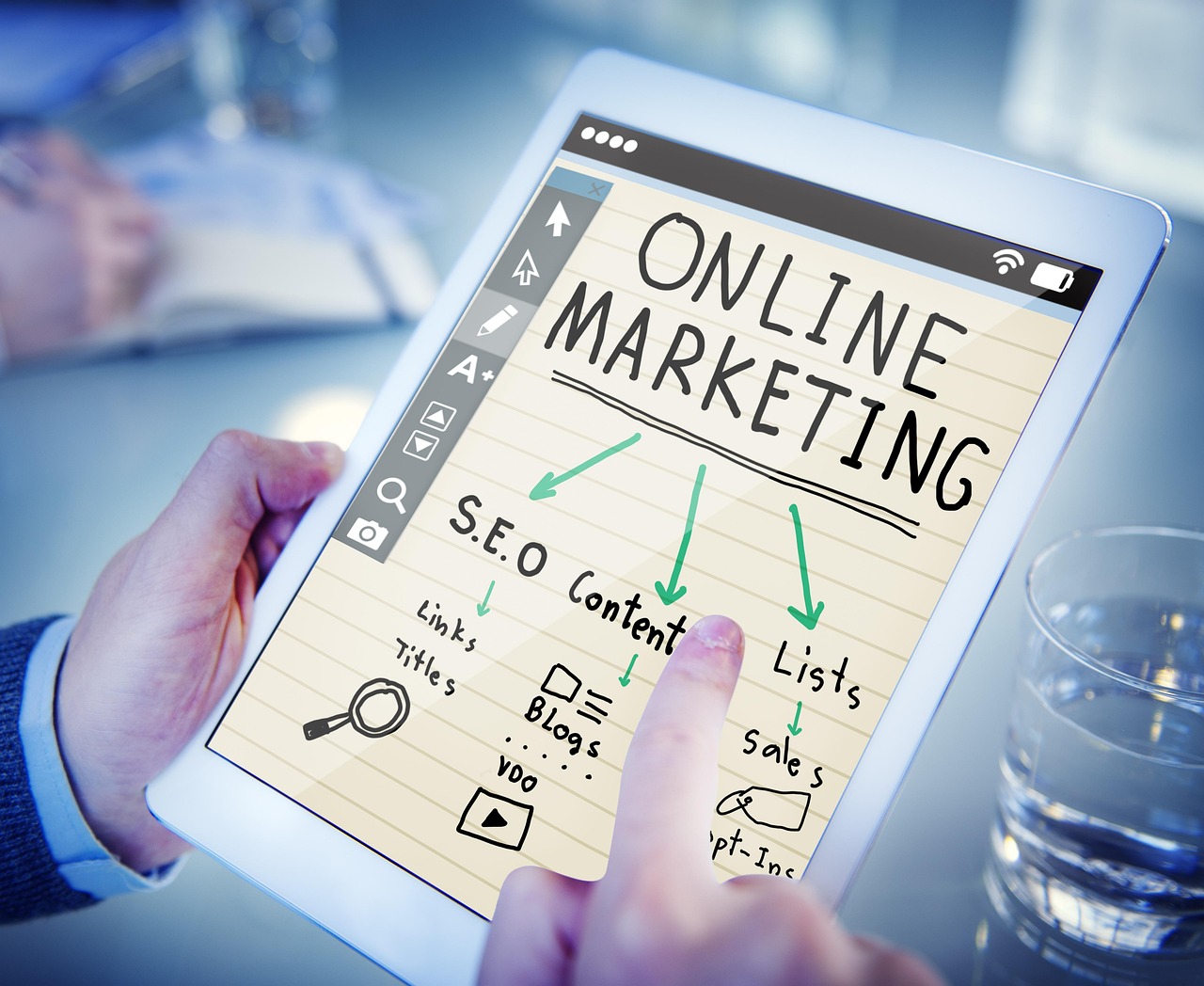
Celebrity Brands Drive High Growth
Kim Kardashian’s Skims offers a prime example of celebrity-driven business success, reaching approximately 1 billion dollars in annual sales just six years after its 2019 launch. This rapid growth underscores how personal branding and celebrity status can translate into lucrative commercial ventures. Kardashian’s intimate involvement in product development, such as perfecting the nude shade for shapewear, demonstrates how authentic engagement fuels consumer trust and market penetration. Skims’ revenue milestone highlights the financial potential when celebrity influence meets targeted product innovation.
Personalization Fuels Consumer Loyalty
Kim Kardashian’s hands-on approach to Skims, including experimenting with undergarments to achieve the ideal shade, creates a unique value proposition. This personal touch is not just marketing—it resonates with consumers seeking inclusivity and comfort. The brand’s ability to meet diverse customer needs has helped it capture a large market share in the shapewear industry, which is projected to grow at a compound annual growth rate of 8.7 percent through 2028 according to industry reports. Skims’ success illustrates how celebrity brands that emphasize product authenticity can sustain long-term consumer loyalty.

Celebrity Brands Capitalize on Market Trends
Skims’ ascent coincides with broader shifts toward body positivity and diversity in fashion, trends that have propelled shapewear sales worldwide. The global shapewear market was valued at around 2 billion dollars in 2023, with brands like Skims rapidly gaining share. Celebrity founders leverage their platforms to tap into these trends, accelerating brand adoption. For instance, Skims’ marketing strategy, which often features varied body types, aligns with consumer demand for representation, contributing to its billion-dollar revenue achievement.

Ryan Reynolds Exemplifies Celebrity Brand Strategy
Ryan Reynolds has similarly leveraged his celebrity status to build high-growth brands, notably Aviation American Gin and Mint Mobile. Aviation Gin saw sales increase by 40 percent year-over – year before its acquisition by Diageo for an estimated 610 million dollars in
2020. Reynolds’ approach combines humor-driven marketing with active involvement in brand storytelling. His investments in Mint Mobile also demonstrate how celebrity endorsements can disrupt established markets, with the mobile virtual network operator reporting over 1 million subscribers as of
2024. These metrics underscore the financial viability of celebrity-led ventures across different sectors.

Celebrity Influence Enhances Investor Confidence
The financial markets have recognized the value embedded in celebrity brands. Skims, for example, attracted significant venture capital interest, with a valuation surpassing 3 billion dollars by
2024. Such figures indicate investor confidence in the sustainability of celebrity-driven startups. Celebrity founders bring not only brand equity but also social media reach, reducing customer acquisition costs. This dual advantage often results in higher growth rates compared to traditional startups, positioning celebrity brands as attractive investment opportunities in an increasingly digital economy.

Market Outlook
Market Outlook for Celebrity-Led Businesses. The rise of celebrity brands like Skims and Aviation Gin signals a structural shift in consumer goods and services. According to market analyses, celebrity-backed companies have outperformed non-celebrity startups by an average revenue growth rate of 25 percent annually over the past five years. This trend is expected to continue as influencers capitalize on their followings to launch diversified portfolios. With Donald Trump now serving as U. S. president as of November 2024, the evolving political landscape may also influence consumer sentiment toward celebrity entrepreneurs, potentially impacting regulatory and economic conditions for these businesses.

Conclusion The Power of Celebrity in Business Growth
Kim Kardashian’s Skims and Ryan Reynolds’ ventures exemplify how celebrity status can be strategically converted into high-growth, profitable companies. With Skims achieving 1 billion dollars in annual sales and Aviation Gin’s lucrative exit, the data confirms that celebrity-driven brands are not merely marketing gimmicks but formidable players in the marketplace. Their success lies in authentic product development, alignment with cultural trends, and savvy use of personal influence. For investors and entrepreneurs, these cases provide a roadmap for leveraging fame into sustainable business value.
